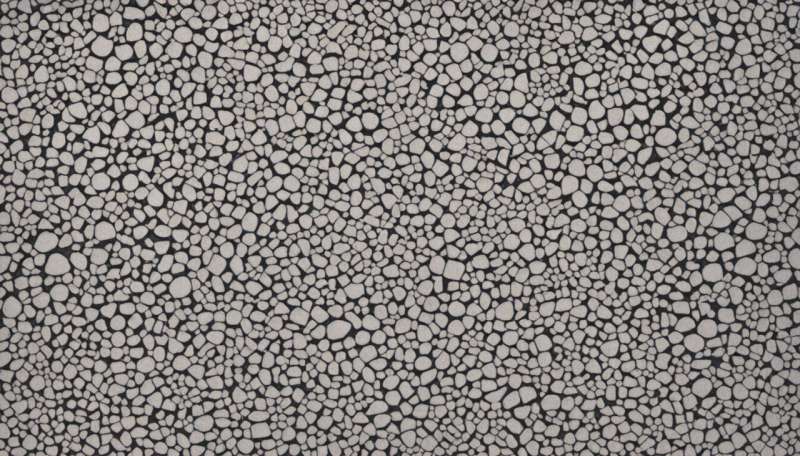Why we need to find a cure for 'social death'

Every year, over 50m people in the world will die. Old age, disease, war and starvation all contribute to that number, and scientists, doctors and charities do their best to bring the figure down.
But there is no statistic which accurately measures the number of humans facing social death. The "socially dead" are an increasing section of the global population who are effectively dead. Their hearts still beat, their lungs still breathe, so technically, and physically, they are still alive. But this isn't living as such – it is mere existence.
These are the people who have died before they're physically dead. Physical death, the degradation and eventual cessation of your ability to function as a body, comes later. Social death is the degradation and eventual cessation of your ability to function as a social being. It happens when you are set apart from the rest of humanity.
It happens when your legal protection and autonomy is profoundly impaired and you have almost no way of defending yourself. Your sense of belonging to a group, culture or place fades and eventually disappears under the pressure of your circumstances, while your roles in life, such as those associated with employment, family and community, are also broken.
Your inter-generational relationships along with your spiritual faith and hope diminish while your physical condition deteriorates. Most importantly, you have lost all meaningful social relationships and are considered valueless in the eyes of society. It is a reality faced by many experiencing profound poverty, chronic illness, homelessness, advanced dementia and forced migration. And by its very nature, it is a reality which is widely ignored.
Specialist researchers have charted the changing profile of social death and its diagnosis in, for example, those imprisoned in solitary confinement, people forced to leave their homeland as refugees and individuals with incurable infectious diseases who are treated as social outcasts. It affects large groups whose communities have been destroyed by natural disasters, or targeted by state-sponsored violence, and whose security has been reduced by prevailing political ideology.
So what should we do about the socially dead?
First, we must establish a formal means of recognising them, a task which presents immediate difficulties. Conducting research on those considered socially dead, although much needed, is ethically and practically challenging. By their nature, these people have little legal recourse and autonomy, and so must be safeguarded from exploitation whilst simultaneously being studied.
The principal problem with recognising the socially dead is asking the right question. "How dead is this person?" sounds like a ludicrous question. The response will be: "Is this person dead or not?" It will not lie upon a scale. It will not allow for nuance. As such, how can it possibly reflect the nuances of a person's lived experience?
To address this, I would argue that social death is similar, conceptually, to a more accessible term: "well-being". This encapsulates all aspects of a person's quality of life – including both external and internal factors, such as mental health or social class – but critically, these factors have different levels of severity. They can be placed on the scale. It is possible, therefore, to speak of a negative counterpart to well-being, namely "ill-being".
A social framework
With this approach, we could explore social death quantitatively: to consider an individual (or group) not as being either "dead or not dead" but as existing on a scale of "more to less dead". If a robust framework exists within which individuals or groups may be considered more at risk of social death, then practical steps may be taken to address this, such as securing funding and an international consensus. Some steps have been taken in this direction already.
The late philosopher Claudia Card argued for the inclusion of social death in the UN definition of genocide and the creation of a rigorous legal framework around the term. Extending the legal definition in this manner would, for instance, reappraise systematic acts of rape in war – such as the "Brana Plan" of ethnic cleansing in Bosnia – as explicitly genocidal.
Part of the Brana Plan – orchestrated by the Yugoslav People's Army – was to forcibly impregnate female Bosnian Muslims, with the intent that their wider community would disintegrate. Formal recognition of these acts as genocide would strengthen legal sanctions against perpetrators, while confronting a historic wrong.
A similar response to the plight of those who find themselves in the most intolerable circumstances could avoid future injustices and crimes against humanity. We already formally diagnose those with illnesses of the body to prevent physical death. It is time we put more effort into recognising the symptoms of ill-being – so we can prevent social death, too.
Source: The Conversation
This article was originally published on The Conversation. Read the original article.
![]()


















